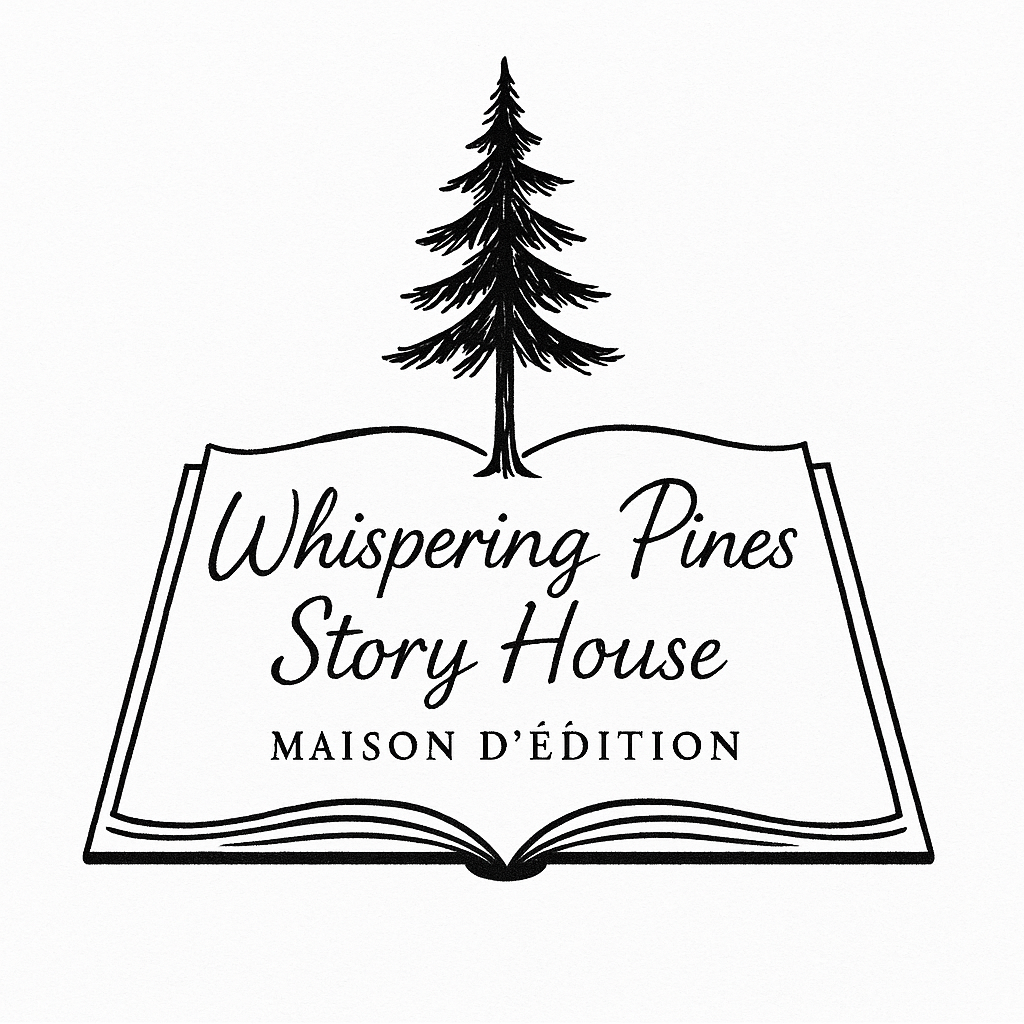Grant Writing Tips For Beginners (That Actually Work)
Grant Writing Tips for Beginners (That Actually Work)
When you’re just starting out with grant writing, it can feel overwhelming. There are applications to fill out, criteria to meet, and the pressure of knowing your funding might depend on it. The good news? Grant writing is a skill you can learn—and once you understand the basics, it gets easier (and even enjoyable!).
Here are some tried-and-true grant writing tips for beginners that actually work:
1. Start with the Right Grant
Not all grants are created equal. The first mistake many beginners make is applying for every grant they can find. Instead, focus on funding opportunities that truly align with your project, organization, or goals. A well-matched application has a far better chance of success than a generic one.
Tip: Look for grants that support your specific niche, region, or audience. Funders want to see a natural fit between their mission and your work.
2. Read the Guidelines Carefully
It sounds obvious, but many applications are rejected simply because instructions weren’t followed. Before you start writing, highlight key requirements: word limits, formatting, deadlines, and eligibility. Missing a detail—even a small one—can disqualify your application. Don’t be shy to contact the funders with any questions you have or clarifications you need, it will save you a lot of work in the long run.
Think of the guidelines as a roadmap. Follow them exactly, and you’ll avoid unnecessary roadblocks.
3. Tell a Story
Grant reviewers don’t just want numbers—they want to connect with your “why.” Share the story behind your project. Who are you serving? Why does it matter? What difference will it make? Use clear, compelling language that paints a picture of impact.
Numbers tell them what you’ll do. Stories show them why it matters.
4. Be Clear and Specific
Avoid vague statements like “this project will help the community.” Instead, say:
“This project will provide 50 children in our rural area with weekly creative writing workshops over six months.”
Specific goals and measurable outcomes make your application stronger and show funders exactly how their money will be used.
5. Show Your Capacity
Funders want to know you can actually deliver. Share your experience, partnerships, or resources that make you capable of completing the project. Even if you’re just starting out, highlight your strengths—passion, community support, or small wins you’ve already achieved.
6. Budget Wisely
Your budget should tell the same story as your proposal. Make sure it’s realistic, transparent, and matches your project description. Don’t overinflate numbers, but don’t undersell your needs either. A well-prepared budget shows responsibility and professionalism.
7. Proofread and Review
Before you hit submit, have someone else read your application. Fresh eyes can catch grammar issues, unclear sentences, or gaps in your story. A polished, error-free proposal gives reviewers confidence in your work.
8. Don’t Get Discouraged
Even the best grant writers get rejected sometimes. Treat every application as practice and a learning experience. Each one improves your skills and increases your chances of success next time.
Final Thoughts
Grant writing may seem intimidating at first, but once you approach it as both a science (following guidelines, creating budgets) and an art (storytelling, building connections), it becomes a powerful tool to fund your vision.
Start small, stay consistent, and remember: the right story, for the right grant, told in the right way can open doors you never thought possible.
If you’d like more support, this is exactly where creative consulting comes in. I help writers, entrepreneurs, and dreamers translate their big ideas into clear, compelling proposals that get noticed.
